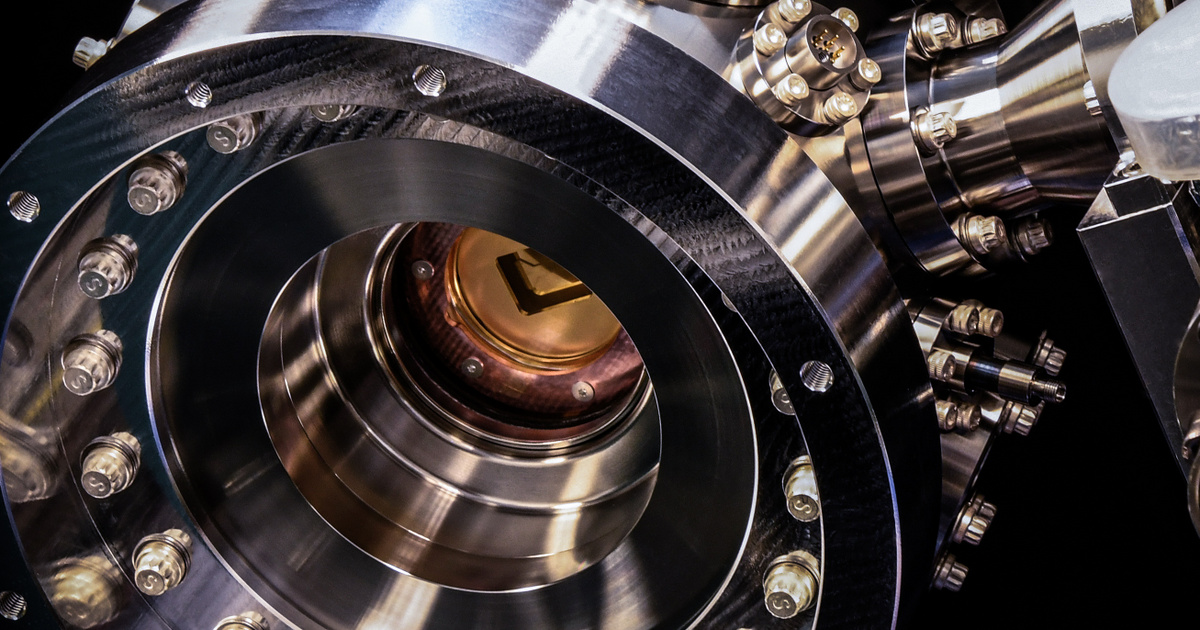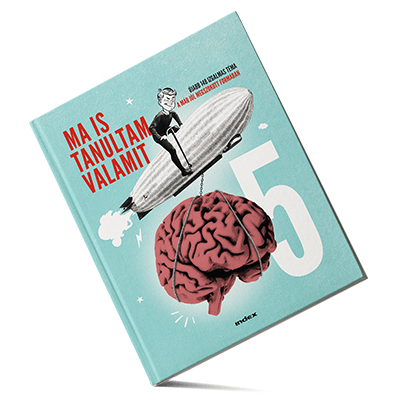Quantum computing company Quantinuum and Microsoft have made a breakthrough in error correction. the arXiv Based on a report posted on their server, they were able to reduce the amount of physical qubits required for a single logical qubit by ten.
Quantum computers are future computing devices that, using the laws of quantum mechanics, will be able to perform calculations that classical computers used today cannot. These computers could be used very efficiently to search for materials that can be used to build hydrogen fuel cells, run artificial intelligence based on language models, or crack encryption that protects state secrets.
While today's computers compute using bits, quantum computers compute using qubits. The problem is that the quantum states that carry information are extremely fragile and volatile, requiring cryogenic cooling and enhanced error filtering to work. Until now
One logical qubit requires three hundred physical qubits.
There are several technical solutions for physical qubits: superconductivity, photonic, and ionic. Quantinuum, founded in Cambridge in 2021, was able to produce 8 reliable logical qubits from just 32 physical qubits using a new visualization and diagnostic process while developing its ion-trapping devices. According to Microsoft's announcement, 14,000 experiments have been performed on the qubit without errors, and diagnostics and error correction can be performed without destroying the logical qubit.
The finding is important as we enter the era of “elastic quantum computing.” The previous step was essentially “basic research,” and the next step was “large-scale” hardware, quantum computers approaching the physical dimensions and computational capabilities of classical supercomputers.
With a hybrid supercomputer based on 100 reliable qubits, enterprises are already seeing scientific benefits, and 1000 reliable qubits will be a tangible business advantage.
Microsoft said.
A quantum computer beyond a classical computer would require 1,000 logical qubits, so cracking all the world's cryptographic codes is still a long way off. Quantinuum plans to build 10 logical qubit machines by 2025. IBM, which introduced the first 1,000 physical qubit chips at the end of last year, plans to reach large-scale quantum computers in 2027 – although correcting qubit errors is one of the biggest challenges Which you also face. Until then, researchers are expected to be able to experiment with Quantinuum's quantum computer in the Microsoft Azure cloud.














































